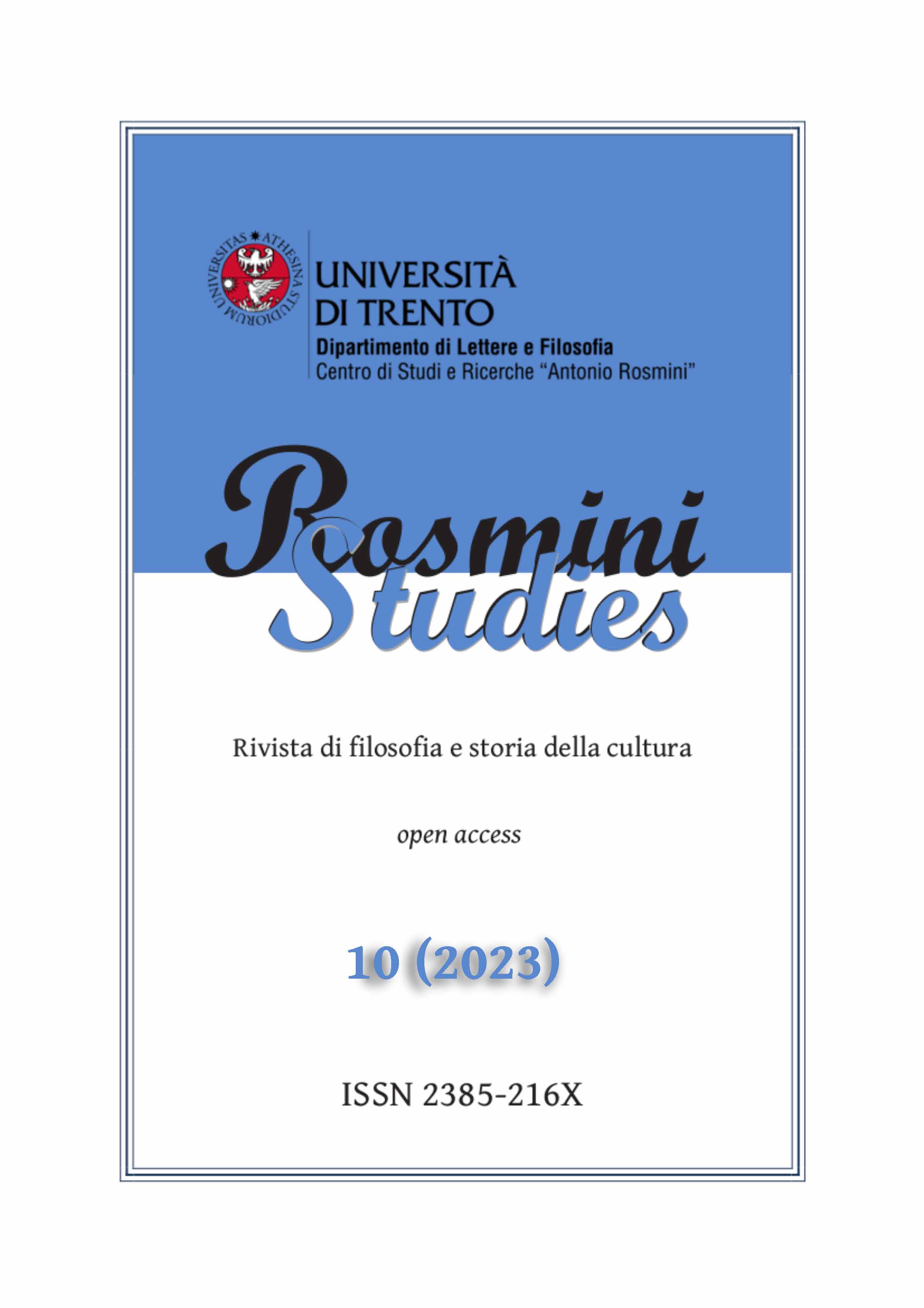Il miracolo nell’ebraismo tra fede e sospetto. Un approccio ermeneutico
DOI:
https://doi.org/10.15168/2385-216X/2681Parole chiave:
Jewish theology, Maimonides’ rationalism, rabbinical skepticism, Franz RosenzweigAbstract
The essay is a short survey on the concept of miracle in the light of the history of Jewish religious thought. First the focus is on the ‘neutralization of the miracle’ in the Talmud by those rabbis who tried to emphasize the role of reason and logical arguments in order to decide about halakhic issues (the example is taken from Bavli, Bava Meitzi’à 59b). A second step is the medieval, minimalistic approach as expressed by Maimonides in his halakhic code, where miracle is seen as a sign recognized by faith but also by a strong acceptance of nature as regulated by eternal and perfect laws, posed by a perfect God not in need to change them: miracles are, therefore, only contingent exception preordered by God since the beginning of creation. None the less, the issue of miracle was debated in the rabbinical culture for century, until the outburst of modernity and more. The final step is Franz Rosenzweig’s existentialist rehabilitation of the concept of miracle after a devaluation by modern Jewish (and Protestant) theologians in the shadow of the Enlightenment.
##submission.downloads##
Pubblicato
Fascicolo
Sezione
Licenza
Copyright (c) 2023 Rosmini Studies

Questo lavoro è fornito con la licenza Creative Commons Attribuzione - Non commerciale - Non opere derivate 4.0 Internazionale.



